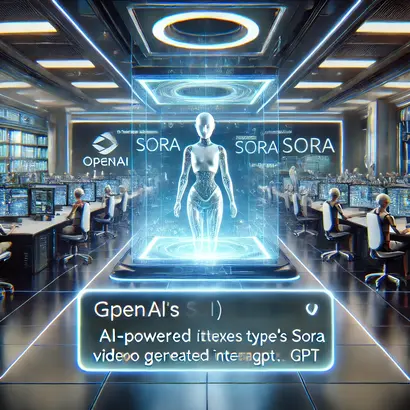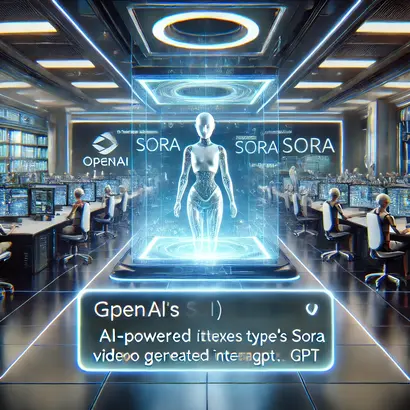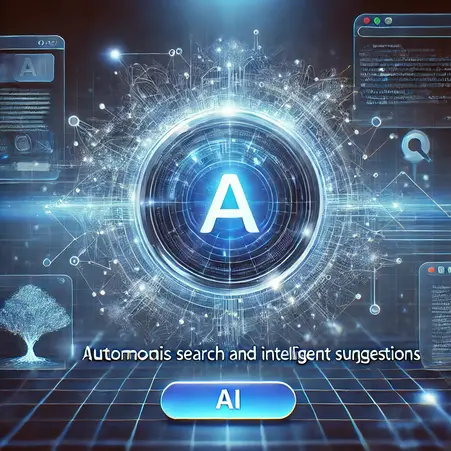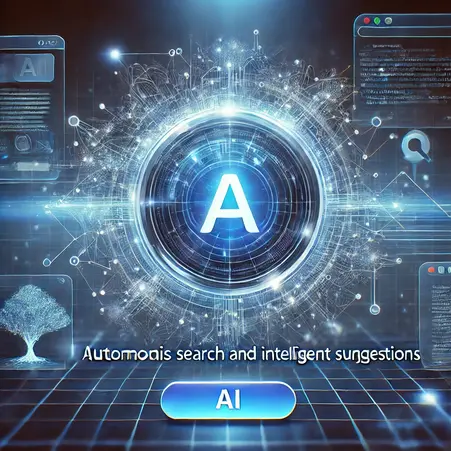
Google is testing an AI-only version of its search engine, introducing a feature called “AI Mode” that provides users with AI-generated summaries instead of traditional search results. This experimental feature is currently available to Google One AI Premium subscribers at $19.99 per month, offering additional benefits like extra cloud storage and special AI functionalities.

“AI Mode” replaces the classic list of links with comprehensive AI-generated summaries, including hyperlinks to cited webpages and a search bar for follow-up questions.This shift aims to enhance user experience by providing more direct and nuanced answers to complex queries. The feature leverages Google’s custom Gemini 2.0 model, known for its enhanced reasoning capabilities and multimodal AI integration.
This initiative reflects Google’s strategic focus on AI integration amid rising competition from AI challengers like OpenAI.However, the move has raised concerns among publishers about potential declines in website traffic, as users might rely more on AI summaries provided directly by Google.Additionally, Google faces challenges, including a lawsuit from edtech company Chegg regarding competitive concerns over AI-generated content previews.
Despite these challenges, Google’s search growth remains strong, handling over 5 trillion searches annually with a 20% growth since ChatGPT’s launch in late 2022.The company continues to innovate its search capabilities, introducing features like AI Overviews to enhance user experience.
In conclusion, Google’s testing of an AI-only search engine represents a significant shift in how users interact with information online. By integrating advanced AI models like Gemini 2.0, Google aims to provide more direct and nuanced answers to user queries. While this innovation offers potential benefits in user experience, it also raises important considerations regarding content sourcing and the future dynamics between search engines and content publishers.
Sources-













